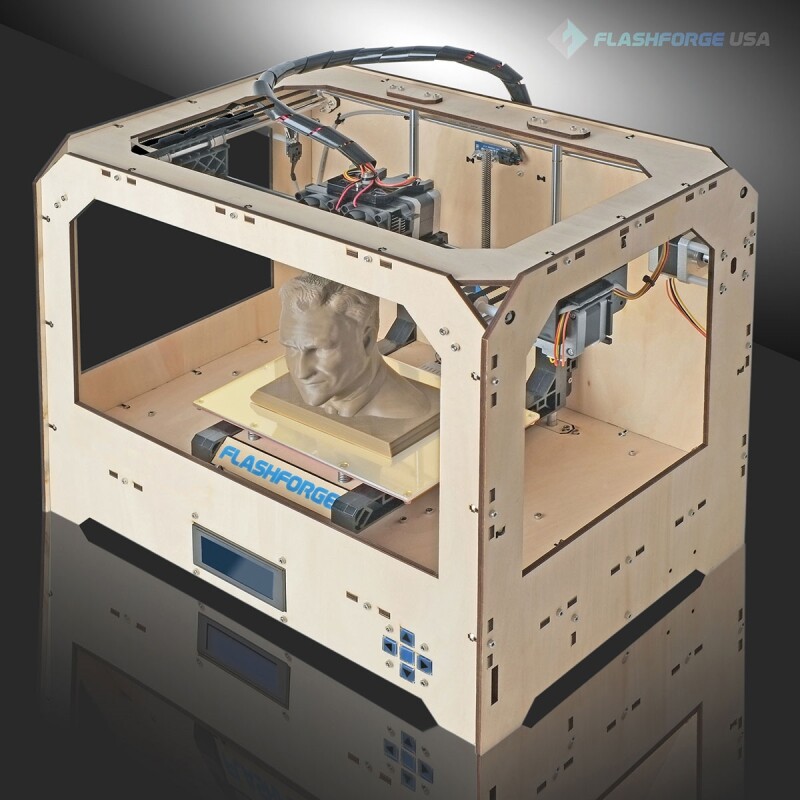
Application programming interfaces (APIs) and 3D printing will be hot topics of discussion in today’s copyright/trademark track. Kirk Damman of Lewis Rice & Fingersh in St Louis, who is the moderator, says new challenges are rapidly emerging.
“We will be trying to explore the boundaries of a potentially very radical change occurring in primarily copyright but also some trademark law,” he says. “There have been a lot of changes in the subject matter of copyright and trademarks recently. We now have to deal with the question, is this or is this not subject to copyright and/or trademark, and to what extent should it be subject to it?”
The track will feature sessions on balancing public interest with respect for IP rights, copyright protection for APIs, the future for Google v Oracle, and soft IP for non-profit start-ups.
The biggest topic of conversation promises to be APIs. In June, the Supreme Court denied Google’s appeal of its closely-watched dispute with Oracle. The Federal Circuit last year found that the search engine company violated Oracle’s copyright by writing its API for its Android operating system in Java.
Damman notes that the Supreme Court denying certiorari at least gives some certainly, good or bad.
“APIs are software and fall underneath specific definitions of copyright material,” he says. “The problem with that is they are essentially made public intentionally to allow people to interact with the software. How does copyright play out in the scenario where you have a piece of copyrighted content that is in some respects valueless if people can’t use it, and in particular copy it? I don’t think we are going to come to a solution about whether they should or should not be copyrighted – we will have speakers on both sides of the question.”
A balancing act
The same kind of tension between two mind sets is also arising in the evolution of 3D printing.
“How do we balance between the maker movement — people using 3D printers to make what they want and sharing it— and existing business models such as parts manufacturing? When you are talking about sharing plans for something, you are almost certainly talking about a copyrighted piece of material.”
Damman gives an example of someone coming to fix a broken handle on the stove in your house. If he uses your computer to download a file and print out a new handle on a 3D printer, how do manufacturing companies deal with that business model? There is a tough balance to strike.
“The big thing we are seeing with the maker movement is that they are not making any product, they’re making plans,” says Damman. The issues surround where the copyright protection should lie, and whether enforcing that copyright will create more problems.
One example is people posting plans for replacing silicon holders for wearable devices. “Some wearables have little silicon holders that keep them on your belt,” says Damman. “One of the pieces is a little plastic tip that breaks off perpetually. There are plans on makers’ spaces to make that little plastic tip through a 3D printer. One could argue that is a copyrighted component. At the same time they can make it look different and still have functionally in the same element.”
Companies could look bad if they try to enforce copyright too rigidly.
“It may be a literal copyright infringement, but people are doing it because it is broken,” he says, of the wearables example. “Presumably the company would prefer they just buy a new device, but do you really want to be telling your customers, ‘Hey stop fixing our product. We are sorry it broke and there is an easy way to fix it, but stop doing so and buy another one.’”
The issue of a balance of rights will also come up in the session on soft IP for the non-profit start-up.
There are companies whose trademark may technically be violated, but the technical trademark violation may actually be encouraged. Damman explains, “This may come up in areas such as local divisions of non-profits that want to use my trademark. How do I make sure I don’t have problems there? We are really seeing that now there is a lot of delicate balancing coming out now of what is covered, what should be covered, and at the end what should be enforced?”
The rise of 3D printing has echoes of other technical advancements such as the introduction of the photocopier. However, Damman notes that this new issue is different because of the presence of the maker movement mind set.
“The 3D printer is the next logical step from the Xerox machine,” says Damman. “You had a new thing that allowed people to commit widespread copyright infringement in a way they never did before. In that case, it was something where everybody sorted it out and moved forward.”
“In this case, not only do you have the technology coming out, but you also have this political type of movement associated with its use. Where is this one going? At the same time, you have the issue with APIs and software, while the world is becoming more software based. How do you deal with the fact that to make software interact you have to essentially violate copyright? That is what we trying to get at on this panel—that in the next 10 years these issues are going to becoming major issues in a lot of industries.”









